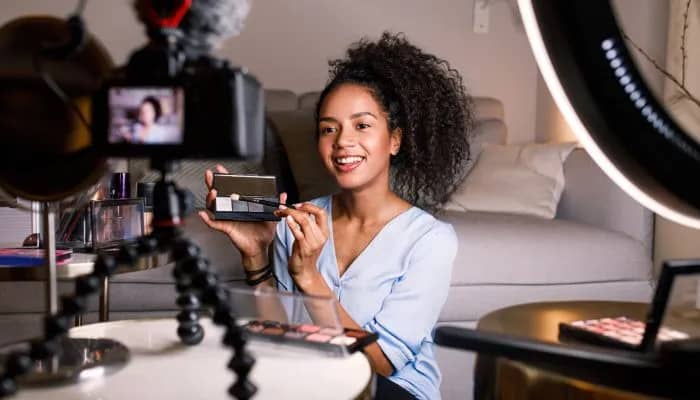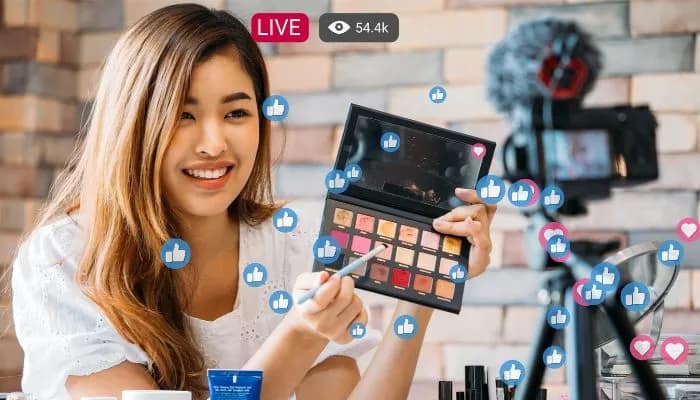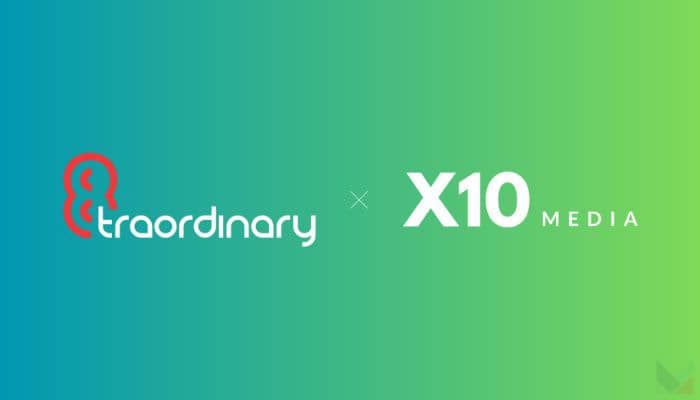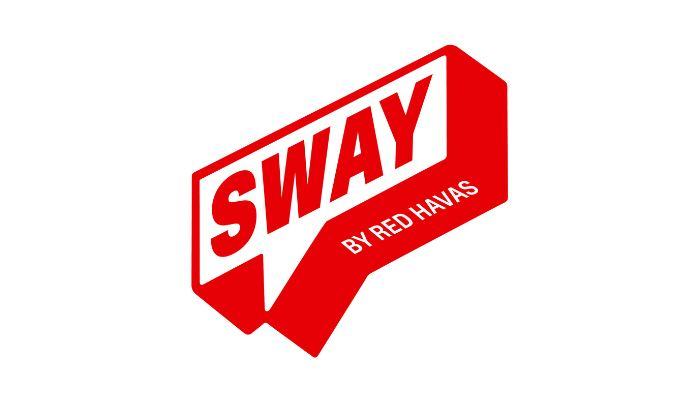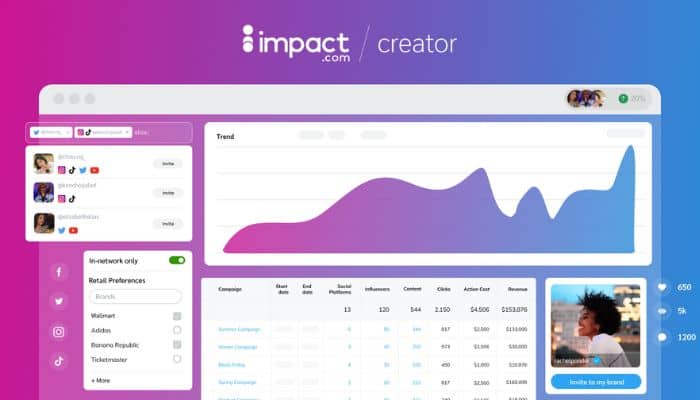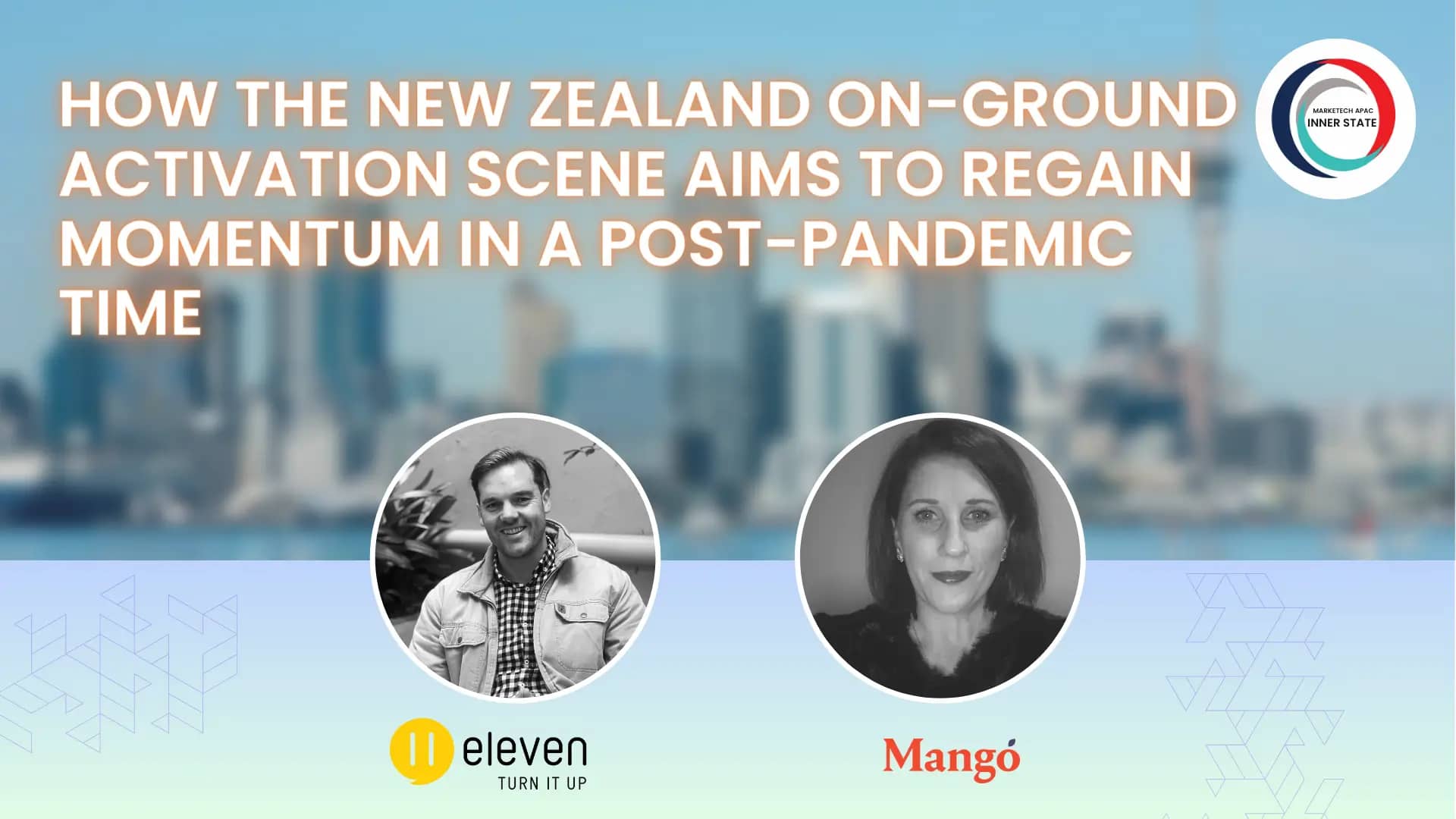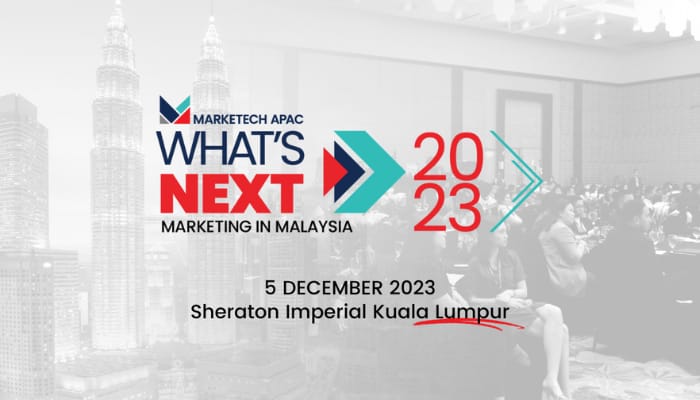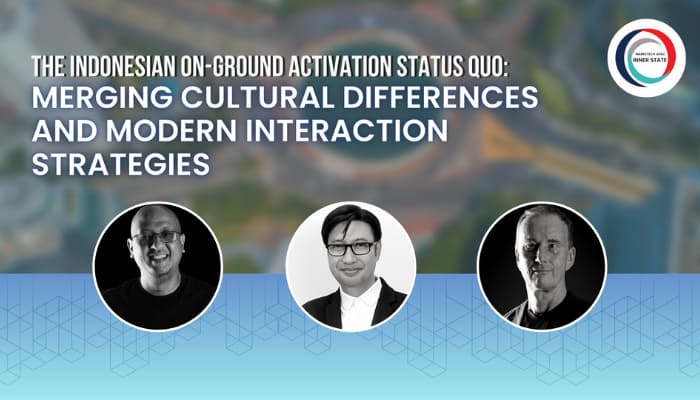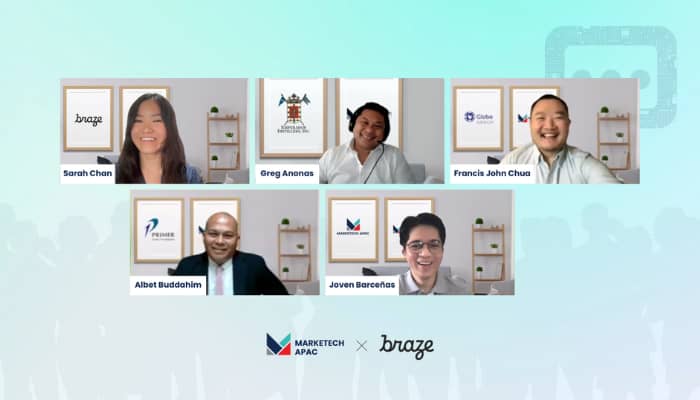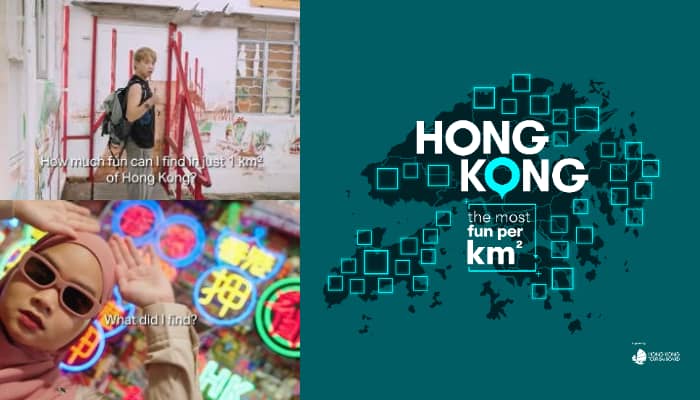Singapore – A staggering 98% of B2B marketers in Southeast Asia are already utilising influencer marketing, yet 60% are still not experiencing improved lead generation from B2B marketing activity, a new Ogilvy study shows.
The research shows that B2B influence is among the fastest-growing marketing priorities in SEA.
In an interview with 550 chief marketing officers (CMOs) across 11 markets, including Singapore, Malaysia, Vietnam, and the Philippines, from brands including LinkedIn, Dell, EY, IBM, and Samsung, it was shown that 75% of B2B marketers are now utilising B2B influencer marketing. Additionally, 93% of those are already planning to increase influencer activity.
Furthermore, the survey, which polled marketing leaders from across Asia, Europe, Africa, the Middle East, and the USA, showed that C-suite leaders are already recognising the potential of B2B influence activity in building a credible brand and supporting lead generation.
Half of 49% believe influencers can help their brands be more credible and trusted, while 40% experienced improved leads or sales because of influencer marketing strategies.
In Asia specifically, industry adoption is soaring, with almost 94% of businesses in the region already integrating B2B influencer marketing into their strategies, and among them, 77% have expressed their intention to further increase their investments in this area. With this number, it is expected that those who haven’t formulated a B2B influencer marketing strategy may find themselves falling behind their competitors.
When it comes to influence effectiveness, 66% of businesses found that B2B influencers deliver more significant impact when compared to traditional brand-only marketing approaches. Further adding to this, almost all of the industry executives in Asia consider B2B influencers on social media as vital tools for staying updated and engaging with their respective industries (98%). This surpasses the global average of 90%.
Meanwhile, the study also showed that more than half of industry executives in Asia incorporate insights gleaned from B2B influencers into their presentations. Similarly, over 50% of these executives actively share relevant content with their network.
However, despite these impressive numbers and high usage, the survey also showed a worrying percentage of B2B influencer marketing potential that is still not realised or utilised properly.
The findings of the survey suggested that no teams are utilising after-sales influence to its full potential, despite 47% agreeing there is an opportunity for B2B influencers to have the biggest impact during after-sales when executed correctly. With 60% not yet experiencing improved lead generation from B2B marketing activity, there is also a large opportunity to immediately realise more value from influencer marketing.
In addition, the global research pointed out some missed opportunities for ROI, considering there is a symbiotic relationship between employees and influencers that few CMOs have spotted, with limited numbers identifying that employees can be influencers themselves.
With this, the global report has pointed out three key imperatives that CMOs can use to improve their B2B influencer marketing strategies.
First, peer-to-peer 2.0, which is a widely recognised marketing channel to reassure prospective buyers and revolutionise digital relationships and professional communication. Second, the holistic growth approach recognises the importance of including influencers in the entire business operation and integrating them into the post-sales experience. Lastly, CEOs and CMOs must recognise their employees as valuable assets in promoting their brand, with each having a network of connections outside the company.
Commenting on the study, Emily Poon, President of PR and influence in Asia at Ogilvy, said, “With 66% of CMOs in Asia saying they find B2B influencers more impactful than their usual marketing activities, a B2B influencer marketing strategy has become a must-have for brands and businesses. Our global research— the first-of-its-kind—with local insights from senior marketers in Singapore, Vietnam, Malaysia, and the Philippines provides actionable steps for CMOs, communications, and business leaders in the region to turn influencers into the most versatile full-funnel tool in their B2B marketing communications armoury.”
Ashutosh Gupta, country manager and head of online sales for LinkedIn APAC, also added, “B2B companies are increasingly choosing creative ways to connect with their target audience in a more authentic and engaging way. A big reason behind this trend is the trust and credibility that these experts offer. On LinkedIn, we have seen industry leaders carve a niche for themselves as thought leaders in their space, where their opinions hold significance within their network. Thought leaders often provide a more genuine connection than brand advertising thanks to the fundamental trust that is already fostered between them and their network over time.”



